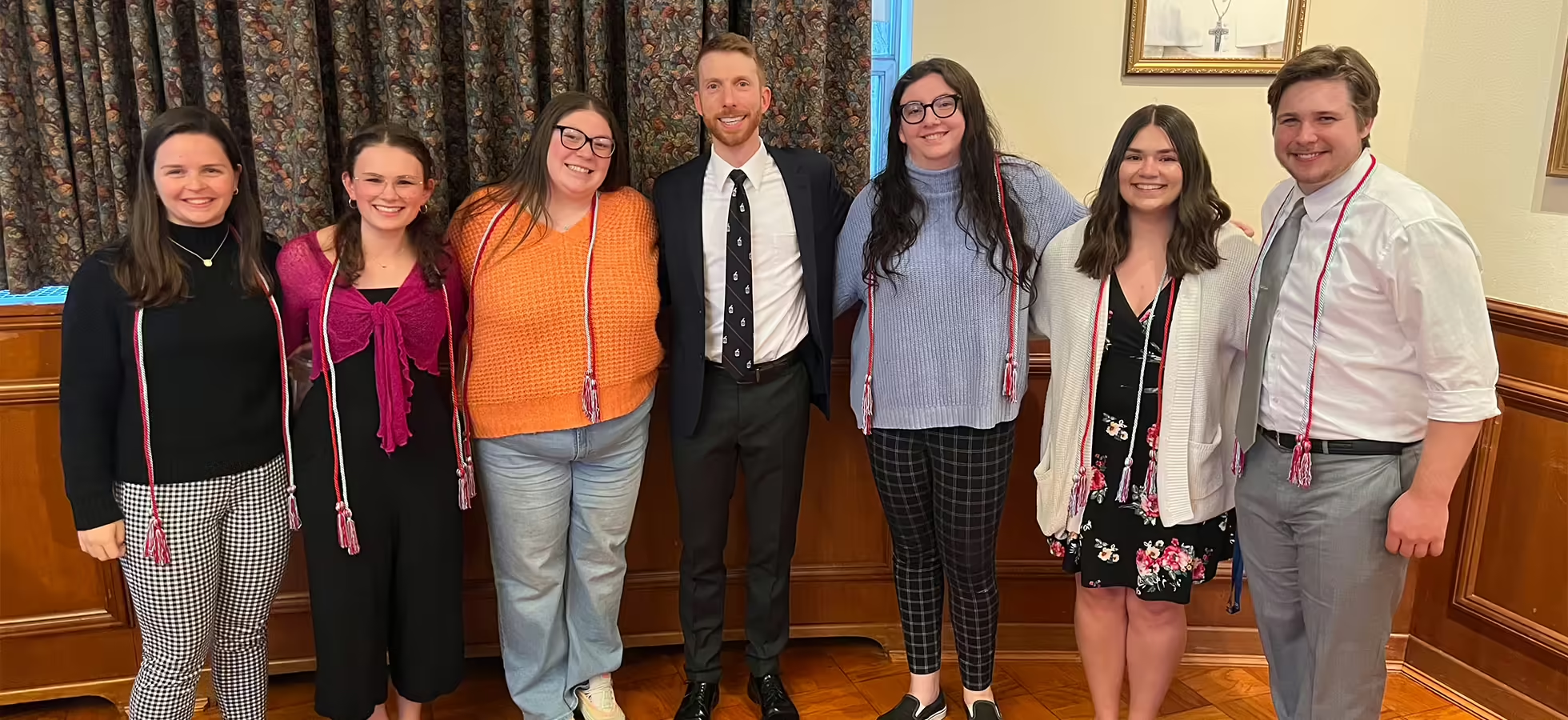Professor John Bell’s Book Awarded Linda Eisenmann Prize from the History of Education Society

The book Degrees of Equality: Abolitionist Colleges and the Politics of Race, written by Assistant Professor of History John Bell, has been awarded the Linda Eisenmann Prize from the History of Education Society. The prize is given biennially to a book by a first-time author that makes an outstanding contribution to the history of American higher education.
Bell’s book, published in 2022, focuses on three institutions of higher education in the eras of the Civil War and Reconstruction (Oberlin College in Ohio, Berea College in Kentucky, and the former New York Central College). These institutions were the first major racially integrated colleges in the United States, and Bell analyzes the broader implications of their experiments for American society and education, both in the nineteenth century and today.
“There was a point before, during, and after the Civil War when three colleges are, in some ways, the most positive examples of racial pluralism in the United States,” said Bell. “There were really no other examples in this time period of large-scale communities of Black and white people living together on terms of relative equality. However, it’s never a perfect moment – even at their most hopeful or optimistic or constructive moments, there were still elements of uncertainty, friction, ambiguity, and even a little anxiety on the part of the white members of the community.”
The book traces these institutions from the mid-19th century through the beginnings of the Jim Crow era, and Bell examines why after Reconstruction there was a shift towards discriminatory behaviors against Black students.
“The book is trying to trace how that decline could have happened,” said Bell. “Much of the book is talking about how Black students identified that this was happening and then resisted it through demonstrations, petitions, other forms of agitation and activism, trying to convey to the administration or the alums of the institution that this was happening, trying to overturn campus policies that they saw as discriminatory.”
Bell was also awarded the 2023 New Scholar’s Book Award from the American Educational Research Association and was a finalist for the History of Education Society’s 2023 Outstanding Book Award. The Eisenmann prize will be formally awarded to Bell at the History of Education Society Conference in November.
“It’s exciting because to write a book is, at the end of the day, a labor of love. It’s a really painstaking process,” said Bell. “To know that colleagues in my field have read the book, and appreciated what I was trying to do, means a lot to me, and it’s always nice to hear from readers who got something out of it.”
The research for the book was done with some support from Assumption students, Samantha Surowiec ’21 and Olivia Burke ’20. Bell also had opportunities in the past few years to present his work to different audiences on campus, including at the Annual Women’s Studies faculty lecture and at an ALANA (African, Latino/Hispanic, Asian, and Native American) Network meeting.
“Conversations with students inform the book in ways that they don’t necessarily realize,” said Bell. “Talking about the realities of race and the college student experience today, not just here but elsewhere too, that’s useful.”
Bell also mentioned having great support from colleagues throughout the university, including Professor of Human Services Cinzia Pica, who also writes about race and education, Vice President for Student Success Conway Campbell, Assistant Vice President for Student Success Mary Bresnahan, Director of ALANA and First-Generation Student Success Brenda Hunt, and his colleagues in the history department.
Bell is currently researching Black ideas of liberal education at the time of the Civil War and Reconstruction. The project will discuss how Black educators and intellectuals conceived of and promoted what today would be called liberal education. He received research assistance from Adam Ide ’24, with whom he presented preliminary findings of this work last March at the Southern History of Education Society Conference. Their presentation discussed gaps in existing scholarly literature about freedmen’s aid societies.
“These are Black voices from the past that most people haven’t heard before, but that speak to our present in important ways,” said Bell. “Here’s a group of people who are dealing with profound adversity, hostility, polarized political times, and yet they have these really noble and far-reaching ambitions for what education can do. They believe in the human capacity to achieve, they have a great understanding of the dignity and capacity of their own people, and they want an education system that reflects that.”
